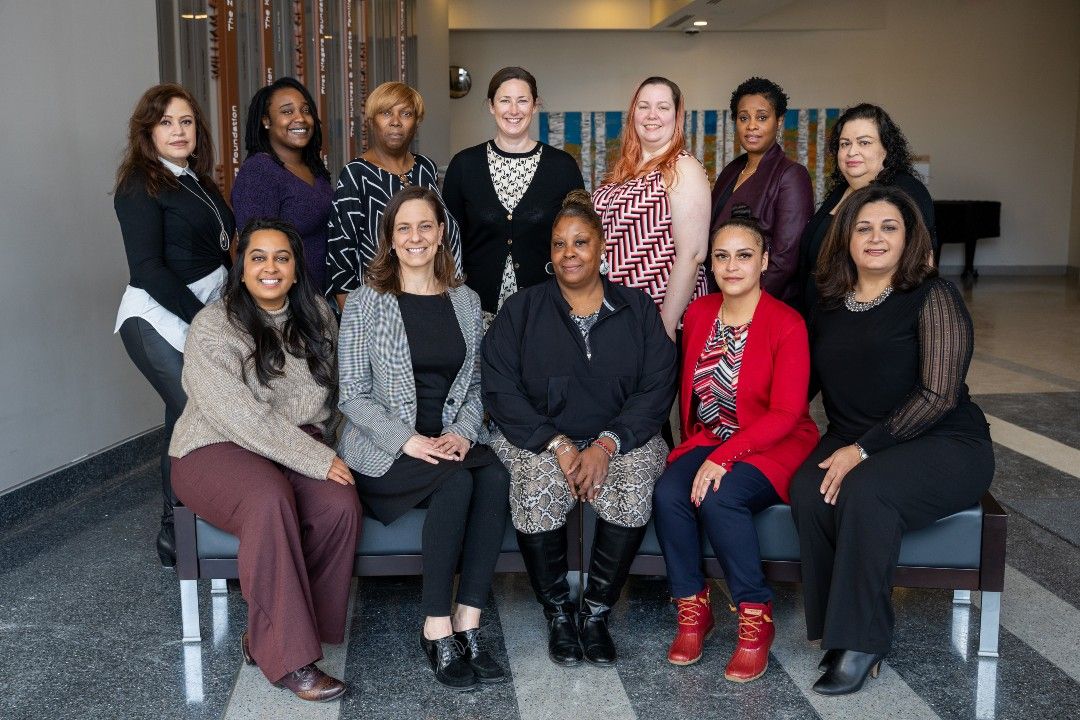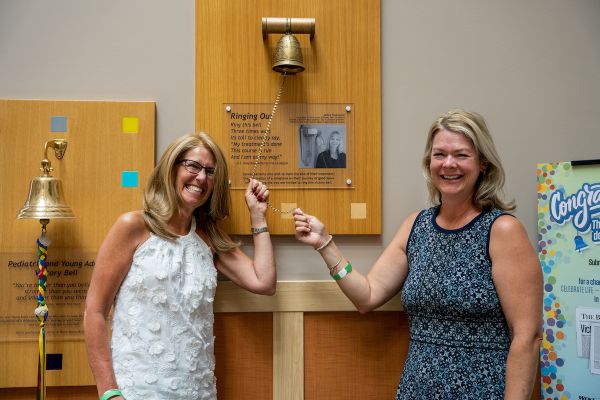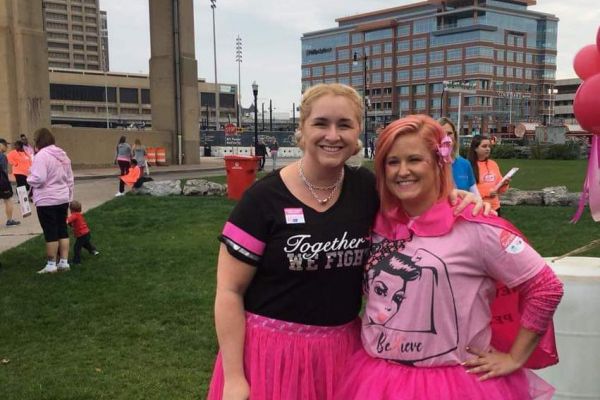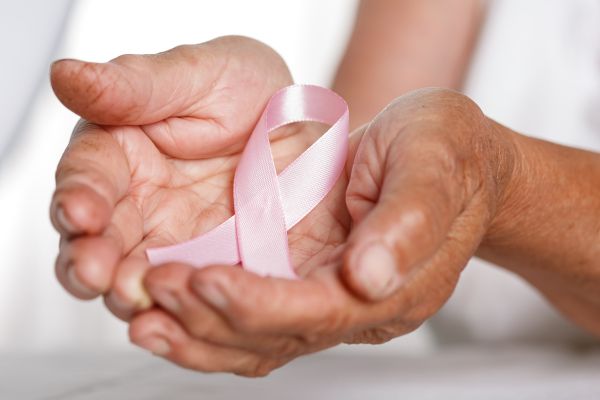The colors of fall aren’t just orange, red, brown and gold; pink is prominent in October as we acknowledge Breast Cancer Awareness Month.
To underscore the importance of education about breast cancer risks, and why mammograms are crucial for early detection of breast cancer, representatives from the Office of Community Outreach & Engagement from Roswell Park Comprehensive Cancer Center are out in the community all year.
“We have one of the highest mortality rates in New York State when it comes to breast cancer in African American women,” says Beverly Johnson, a health referral specialist at Roswell Park. We find Black and Brown women are being diagnosed at earlier ages.” They’re also more likely to be diagnosed with a more aggressive type of breast cancer and for their cancer to be found at a more advanced state."
Breast cancer rates for all women are higher in Western New York than anywhere else in New York State and higher than the national average; the mortality rate from breast cancer is also higher in Western New York than the state or national average. White women have a slightly higher rate of being diagnosed with breast cancer compared to Black and Hispanic/Latinx women, but Black women have a higher mortality rate (29.5 out of 100,000 women) than white women (19.9 per 100,000) or Hispanic/Latinx (10.2 per 100,000).
The importance of education
Johnson has been working in patient education on Roswell Park’s behalf for more than 10 years now, starting out as a volunteer with the Witness Project, a community outreach effort specifically designed to provide cancer information to minority communities. She joined the staff at Roswell Park almost 10 years ago and now serves as an educator on breast, cervical, prostate and colorectal cancer in addition to tobacco treatment and smoking cessation efforts.
“I go out and try to educate and navigate women to come to Roswell Park for mammograms. Breast cancer is the main topic. I give presentations at churches and community centers; I go door-to-door, I go to events. I like talking to people and helping them.”
She’s also happy to take questions from people privately, both during these outings and in her off-hours. “Sometimes people come up and ask me questions that they don’t want to say to the crowd. They’ll say they’ve found a lump and don’t know what to do. I also show them how to do breast self-exams and we talk about the importance of knowing their family history.”
A person with a family history of cancer is generally at a higher risk for developing it themselves, but not everyone knows their family history and, in the past, it was taboo to talk about someone’s cancer diagnosis, she says. Unfortunately, men might not realize they, too, can develop breast cancer, but Johnson says she has one male breast cancer survivor who will sometimes accompany her to talk with groups.
Through her efforts, Johnson is helping to make sure people understand the importance of their family history when it comes to knowing their risk of developing cancer, including breast and prostate cancers. A subject that once was taboo or not considered “nice” to talk about can help save lives if discussed openly and without fear.
Schedule your mammogram today
It matters where you get your mammogram. Appointments for screenings are available from 8 a.m. to 4 p.m., with extended hours available upon request. Call 1-800-767-9355 or schedule online — no prescription or referral is needed.
Make an AppointmentReaching into the community to provide health information
Roswell Park has resumed outreach efforts in community centers, churches and other in-person gatherings, conducting about 10 meetings a month, a number that doubles during October to increase awareness about breast cancer and mammograms, says Nikia Clark, Senior Community Outreach and Engagement Manager for Roswell Park. “We’re handing out information and having conversations with people about a number of different topics. We like to assess their knowledge base about what they know about a certain cancer and then give them more information, and if they’re eligible for screening, we’ll help them navigate that process.”
Last year, Roswell Park performed close to 8,500 mammograms, a total that the hospital seeks to expand every year. In total 11% of the mammograms conducted at Roswell Park were for Black or Hispanic/Latinx women. More than 100 community outreach and screening events for breast cancer were hosted by Roswell Park last year, with 40% of participants identifying as Black or Hispanic/Latinx.
Clark adds that it’s important for people to do all that they can to lower their cancer risk.
“Getting screened and lowering obesity rates and smoking rates are where we need to start. I know that this is much easier said than done, so we have educational programs focused on healthy living and services like patient navigation available at Roswell Park to help you.”



